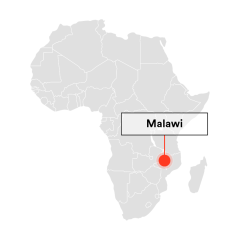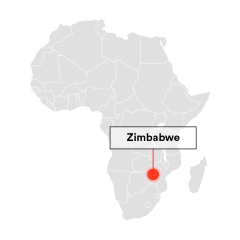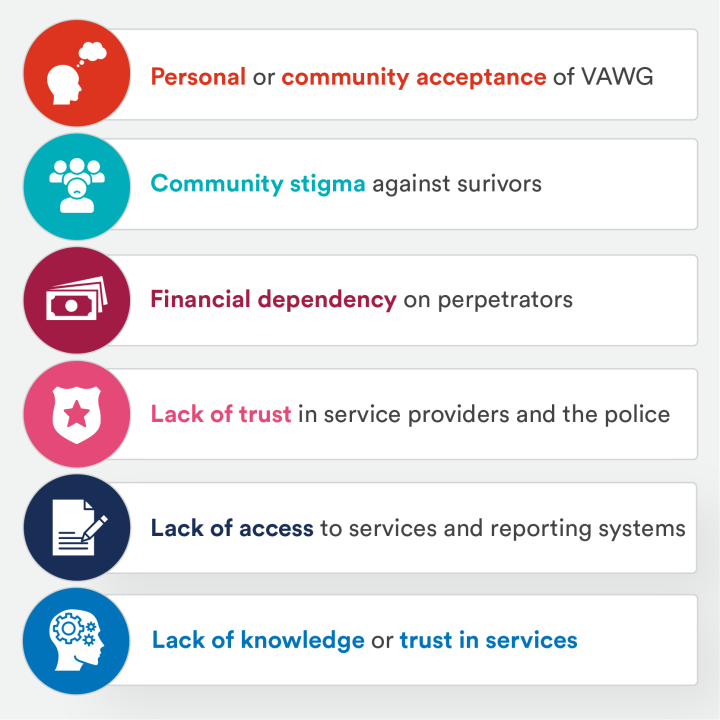Address barriers survivors face in accessing services

Address barriers survivors face in accessing services
Case Studies

In 2020, the Spotlight Initiative programme in Malawi received reports that many survivors from the rural communities in which they worked were unable to access justice and essential services because they lived long distances from these services and couldn’t afford the cost of public transport. In response, Spotlight Initiative developed funds to help survivors overcome these economic barriers. They worked with traditional authorities to establish community committees which oversaw the distribution of these funds.
These committees sat within the Ministry of Gender, Social Welfare and Community Development. They included up to 15 stakeholders including a social welfare officer, representatives from the women’s movement, disability rights movement and mothers’ groups, a psychosocial counsellor, and a representative from the police, among others. All members of the committee were trained on how to manage funds and in resource mobilisation. In addition, to promote accountability, the managing committee was required to report to the traditional authority periodically, about how much was spent, how the funds were used, the type and number of cases, and the expenditure per survivor.
By establishing these committees within existing community structures dedicated to handing cases of Gender Based Violence, the committees were in a strong position to identify survivors who might be in need of financial support. To promote sustainability of the initiative, Spotlight Initiative supported committees to invest part of the funds as seed money in order to help the fund grow and support more survivors. For example, some committees are offering Village Savings and Loans with an interest of 20%. Of these profits, 15% goes back into the Survivors’ Fund while 5% goes to cover administration costs for the committee.



In December 2019, the United Nations in Zimbabwe established a fleet of Mobile One Stop Centres across the country to help dismantle the barriers the survivors in remote and hard to reach areas faced to accessing GBV response services. As part of this, they supported volunteers engaged in GBV referrals by providing them with data and airtime packages, to enable continuous two-way communication between volunteers, survivors, hotlines, and Mobile One Stop Centre teams. They also supported the coordination of shuttle services and fuel to support survivors to travel to Mobile One Stop Centres as needed.
Results and feedback from survivors and service providers: In 2022, a total of 5,862 survivors had accessed GBV services through the Mobile One Stop Centres across 12 target districts, 78% of whom were women. Survivors who had accessed these services responded positively to the Mobile One Stop Centres, explaining that these had helped eliminate the challenges they faced to reaching static provincial and district-based services. Community volunteers working to raise awareness of GBV and refer survivors to services also celebrated the introduction of Mobile One Stop Centres, explaining that they had significantly improved their capacity to conduct outreach and refer survivors to services.
Opportunities for scale up: In Spotlight Initiative’s experience, the Mobile One Stop Centre approach is highly versatile and can be adapted to respond to an ever-changing context. For example, teams can modify the type of service provided (direct services or referrals to higher levels of care), they can change the location and frequency of visits, and they can coordinate with other mobile services in development and humanitarian contexts. This coordination could include vaccination campaigns, food distribution, WASH sensitisation points, and mobile health clinics.
Opportunities for sustainability: By engaging with the Government of Zimbabwe during the design and roll out of the Mobile One Stop Centres, Spotlight Initiative was able to generate government buy-in which contributed to the effectiveness of the model and also enhanced opportunities for sustainability. These Mobile One Stop Centres are also run by nurses seconded from district hospitals, local police officers from specialised survivor units, and legal support officers from Zimbabwe. By engaging existing service providers from the local areas rather than individuals from different locations, these Mobile One Stop Centres are well placed to retain staff.








